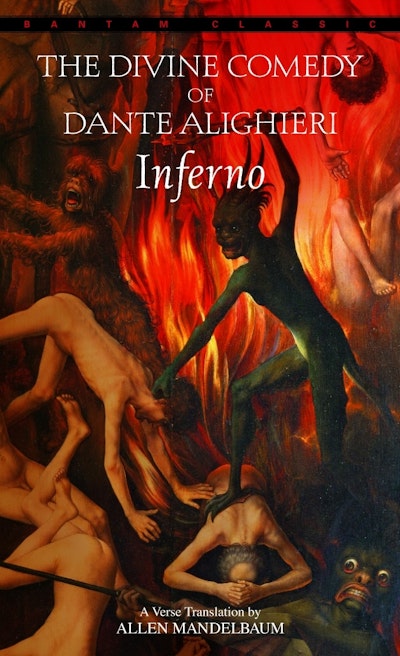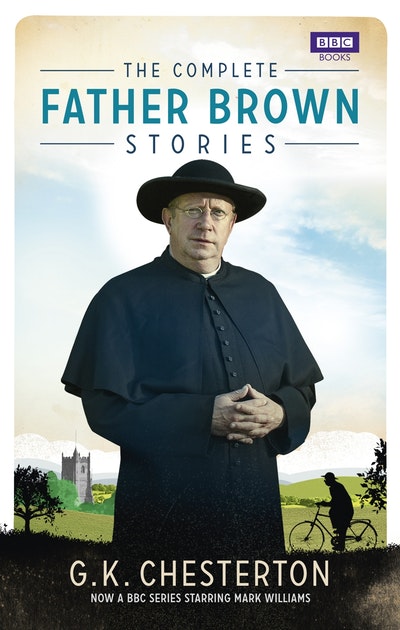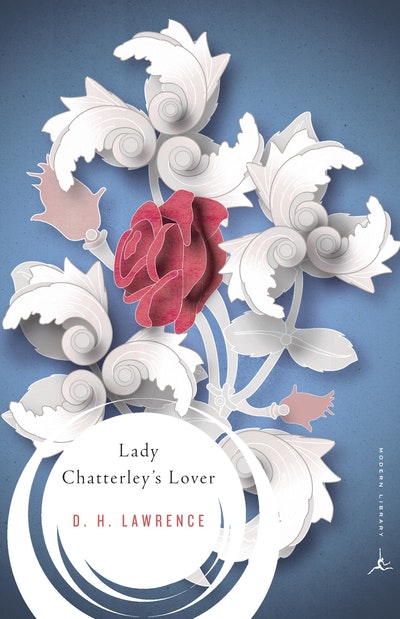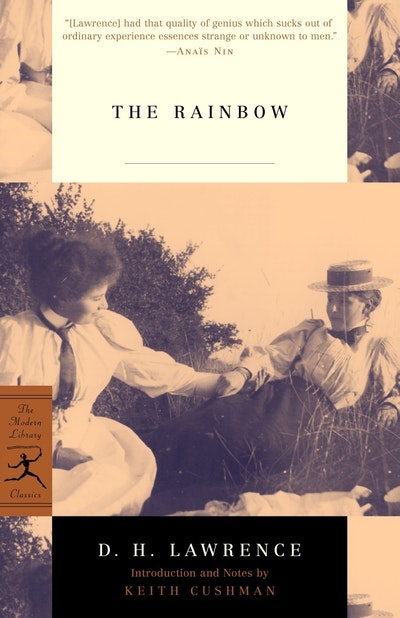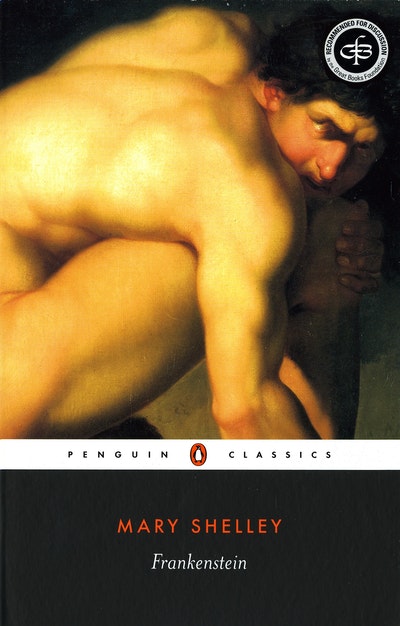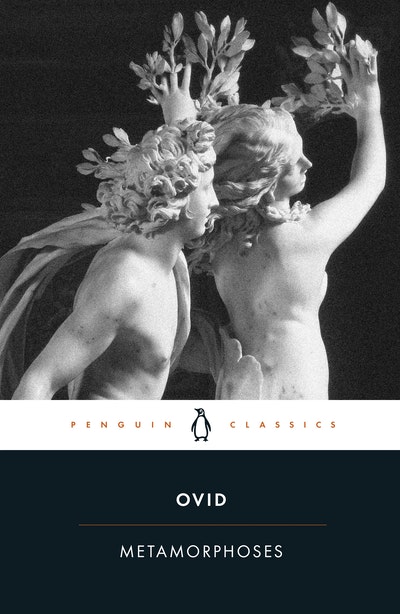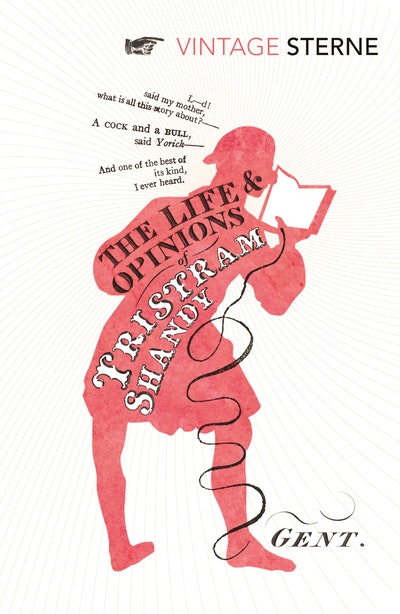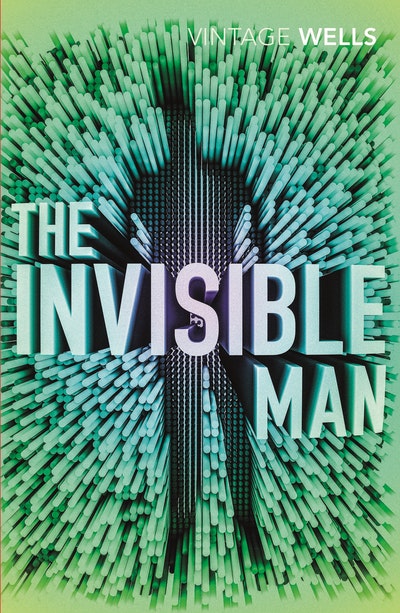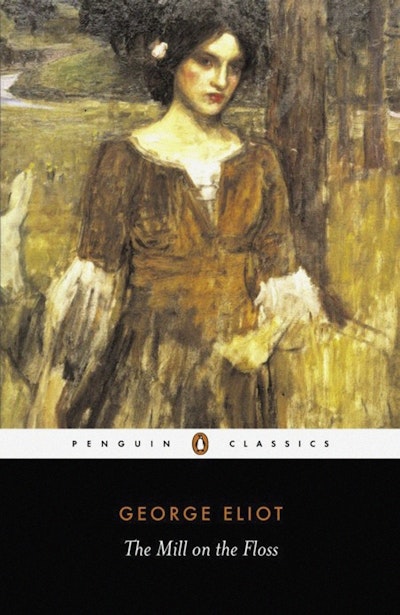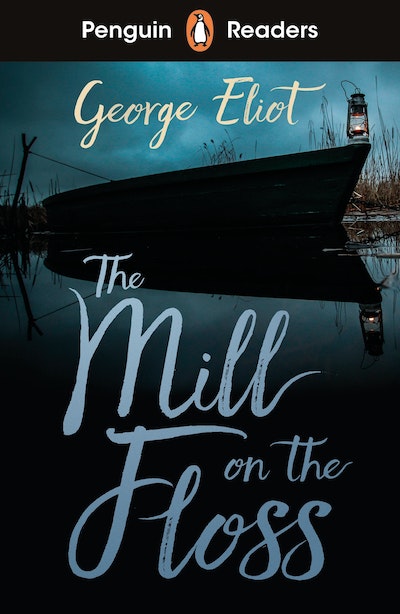- Published: 25 May 1995
- ISBN: 9780140434354
- Imprint: Penguin Classics
- Format: Paperback
- Pages: 592
- RRP: $30.00
Felix Holt
The Radical
When the young nobleman Harold Transome returns to England from the colonies with a self-made fortune, he scandalizes the town of Treby Magna with his decision to stand for Parliament as a Radical. But after the idealistic Felix Holt also returns to the town, the difference between Harold's opportunistic values and Holt's profound beliefs becomes apparent. Forthright, brusque and driven by a firm desire to educate the working-class, Felix is at first viewed with suspicion by many, including the elegant but vain Esther Lyon, the daughter of the local clergyman. As she discovers, however, his blunt words conceal both passion and deep integrity. Soon the romantic and over-refined Esther finds herself overwhelmed by a heart-wrenching decision: whether to choose the wealthy Transome as a husband, or the impoverished but honest Felix Holt.
- Published: 25 May 1995
- ISBN: 9780140434354
- Imprint: Penguin Classics
- Format: Paperback
- Pages: 592
- RRP: $30.00


















